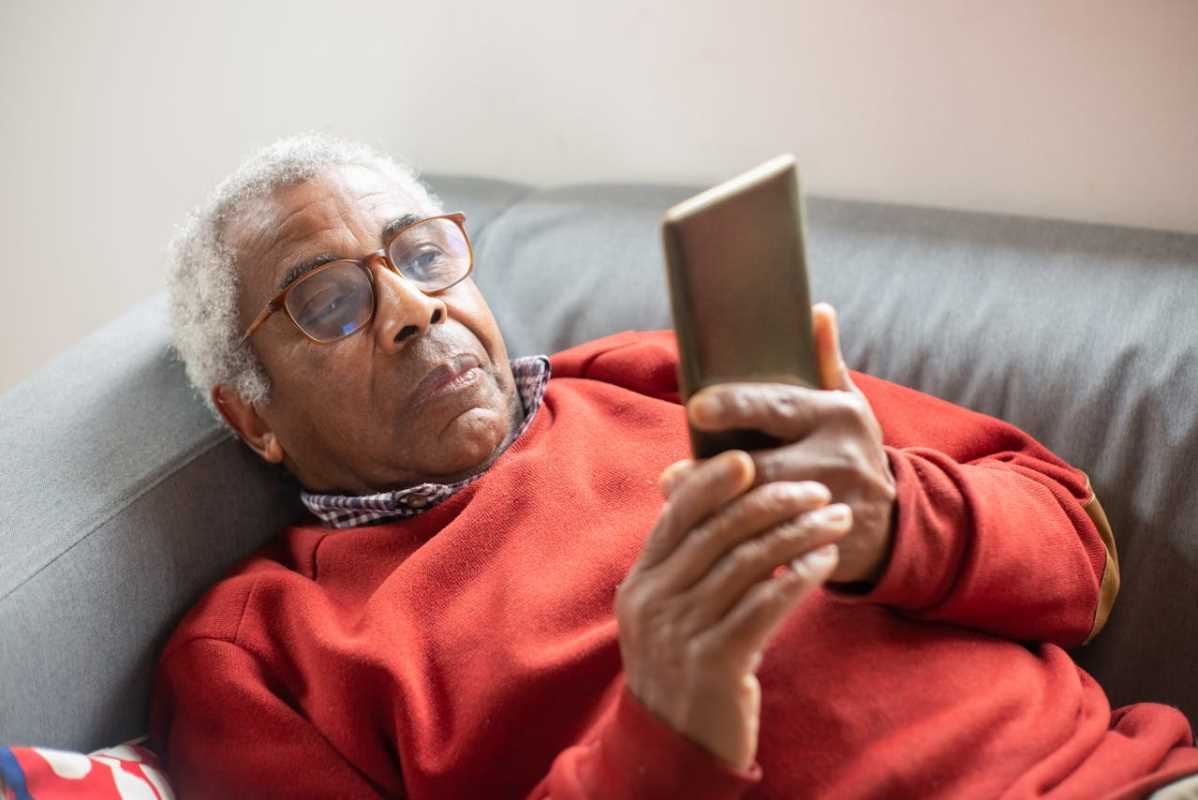In recent years, smart home technology has revolutionized the way we interact with our living spaces, offering unprecedented convenience and control. As these technologies continue to evolve, they are increasingly playing a pivotal role in healthcare, particularly for seniors. For older adults, especially those managing chronic conditions, smart home devices can significantly enhance their quality of life by promoting safety, independence, and efficient health management.
Smart Home Technology in Healthcare
Smart home technology encompasses various devices and systems designed to automate and optimize home functions, ranging from lighting and security to health monitoring. These innovations offer a blend of comfort and functionality, making daily activities more manageable for seniors. This technological advancement is not just about convenience—it's about empowering seniors to lead healthier, more independent lives.
Devices and Technologies Improving Senior Health
- Smart Speakers and Voice Assistants: Devices like Amazon's Alexa or Google Home enable seniors to control devices with simple voice commands. They can set reminders for medication, call for assistance, or access entertainment without needing to navigate complex interfaces.
- Health Monitoring Systems: Wearable health devices and monitoring systems track vital signs such as heart rate, blood pressure, and activity levels. These devices can alert caregivers or medical professionals to any significant changes, ensuring timely intervention.
- Automated Lighting: Smart lighting systems can be programmed to turn on and off automatically, reducing the risk of falls by ensuring well-lit pathways. This is particularly beneficial for seniors with mobility issues or visual impairments.
- Safety and Security Systems: Smart security systems, including cameras and door sensors, provide an added layer of safety. They can notify family members of potential intrusions or emergencies, offering peace of mind to both seniors and their families.
Benefits of Smart Home Technology for Seniors
- Increased Safety: With features like automated lighting and smart locks, seniors are less likely to experience accidents or security threats. These technologies provide a safer living environment and reduce the risk of common injuries.
- Enhanced Independence: Smart devices empower seniors to manage their homes and health independently. This autonomy boosts confidence and reduces the reliance on others for daily tasks.
- Efficient Health Monitoring: Continuous monitoring of health parameters allows for proactive healthcare management. This is especially crucial for seniors with chronic conditions, facilitating early detection of potential health issues.
Successful Implementations and Challenges
Many seniors have successfully integrated smart home technology into their lives. For example, smart pill dispensers can ensure medication adherence, while fall detection systems can immediately alert emergency services if needed. However, there are challenges to consider, such as ensuring user-friendly interfaces and addressing privacy concerns regarding data security.
Future Trends and Advancements
Smart home technology is poised to become even more integrated into senior care. Future advancements may include more sophisticated AI-driven health analytics, personalized health recommendations, and improved interconnectivity between devices. These innovations hold the promise of even greater support for seniors, enhancing their well-being and comfort.
Smart home technology offers a transformative opportunity to improve senior health, particularly for those with chronic conditions. By adopting these technologies, seniors can enjoy a higher quality of life, characterized by increased safety, independence, and efficient health management. As technology continues to advance, its role in senior care will undoubtedly expand, offering new possibilities for enhancing the well-being of older adults.
 (Image via
(Image via





